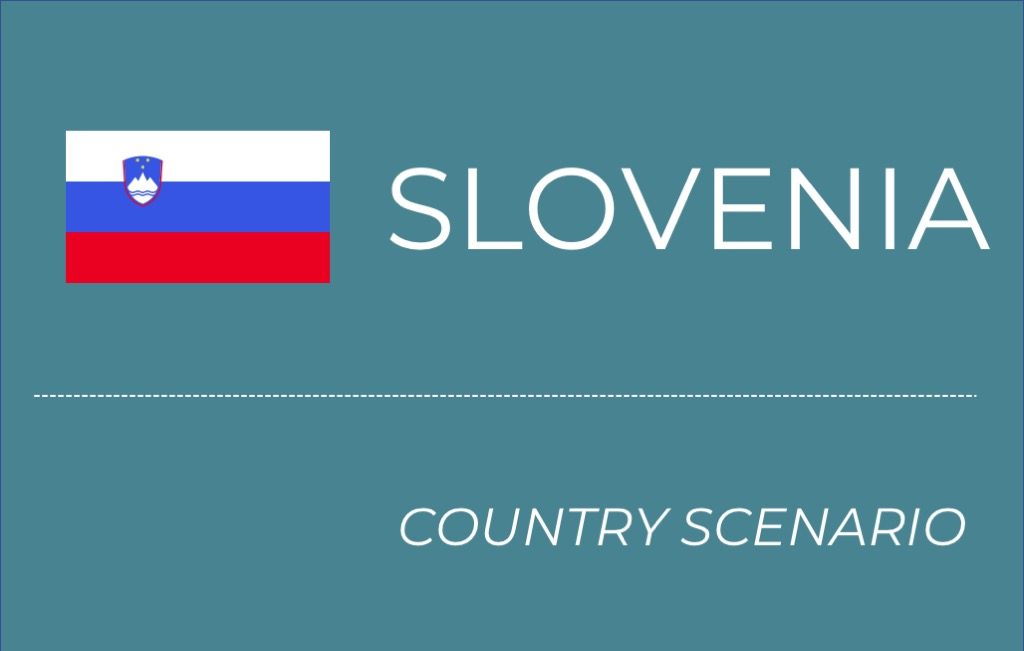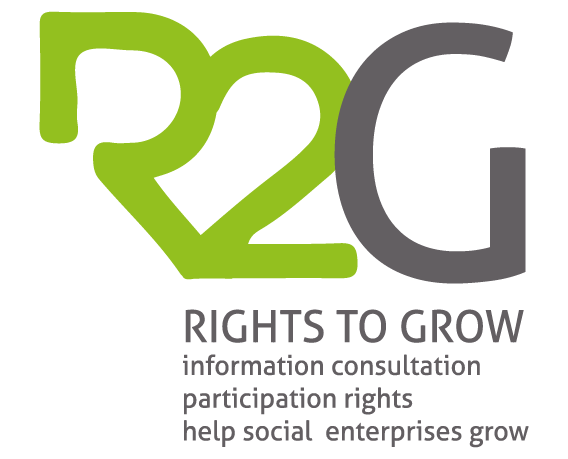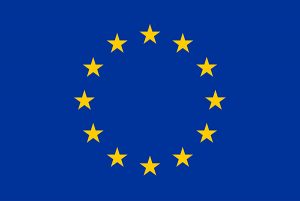
As taken from Slovene legislation:
Social economy (SE) – is the economy, consisting of social enterprises, cooperatives, companies for disabled,, employment centers, non-governmental organizations (associations, institutes and foundations), which have not been established solely for the purpose of profit, acting on behalf of its members, users or the wider community and produce market or non-market goods and services.
Therefore: professional and common use of the concept of SE is including: NGOs, social enterprises (so.p.), companies for disabled (IP – invalidska podjetja), employment centres (ZC – zaposlitveni centri), cooperatives (zadruge – with or without so.p. status), mutuals (only one in Slovenia founded by a special Law – Vzajemna zdravstvena zavarovalnica, d.v.z.).
Social Enterprise – social enterprise is a non-profit legal entity that acquires the status of a social enterprise; it can be an association, institution, fundation, company, cooperative, European cooperative or other legal entity of private law, which is nor founded solely for the purpose of making profit and it doesn`t share property and also does not share the surplus of revenue over expenditure;
Members of the social enterprise are people in social enterprise who have management rights, such as the founders of the social enterprise or owners of a social enterprise where the legislation allows owner shares in social enterprise, and persons who are members of a social enterprise when social enterprise is membership organization;
The activities of social entrepreneurship activities, providing services and products, which can be used to achieve one or more objectives referred to in paragraph 3 of this Act (ZSocP-A), with the encouragement and facilitation of public funds for social enterprises that carry out activities of social entrepreneurship, but this public funds must not constitute a distortion of competition;
The stakeholders include people working in social enterprise, volunteers in social enterprise engaged in volunteer work, and persons who are users of the products or services of social enterprise on the basis of a contract or other legal arrangement for at least one year;
The most vulnerable groups in the labor market are 1. Main definitions and concepts used R2G project is co-funded by the European Union Agreement Reference (VS/2018/0009) all disadvantaged workers, severely disadvantaged workers and disabled by Commission Regulation (EU) No. 651/2014 of 17 June 2014.)
Cooperative is defined in Art. 1 of the Law in Cooperatives as: “A cooperative is an organization associating an initially undetermined number of members with the purpose of enhancing the economic interests of its members and based on voluntary entry, free withdrawal and the equal rights of members to participate in the operation and management of the cooperative”. The definition does not really reflect the international definition of cooperatives as per the ICA Statement on the Cooperative Identity of the International Cooperative Alliance.

